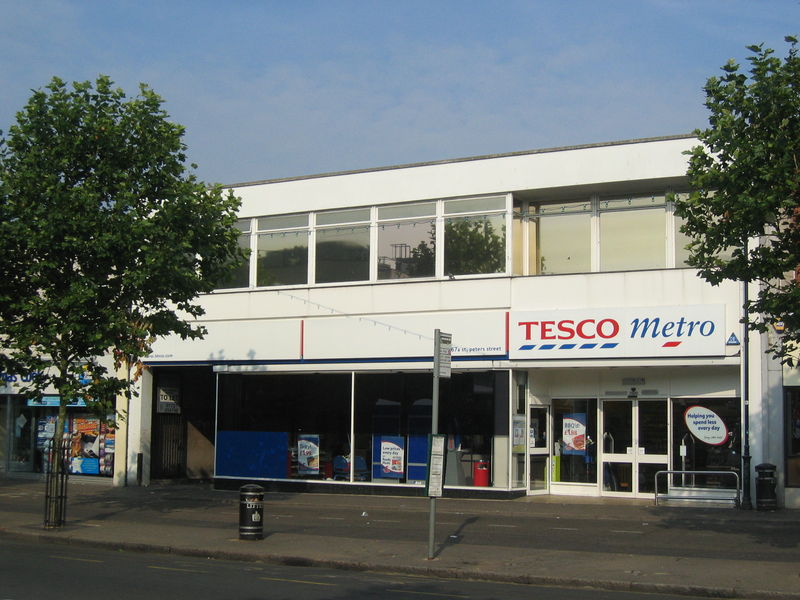 This newly launched tech provides a capability for recognizing when customers have entered a store.
This newly launched tech provides a capability for recognizing when customers have entered a store.
Mobile marketing technology provider, Mood Media, has just announced the launch of its Mood Presence technology that applies the size of its considerable music network and geolocation in order to be able to connect marketers and retailers directly to consumers who are using smartphones, tablets, and other similar smart devices.
The Mood Presence technology is a form of intelligent networks that allows for more personalized marketing.
The way that the geolocation based technology works is that it sends an inaudible cue through the music player of the Mood Media app, as well as through the existing sound system in the physical store location. When the mobile app registers this signal, its presence in an iOS or Android device is immediately detected through geolocation technology.
The geolocation detection allows the system to automatically connect with that device for targeted marketing.
This way, a retailer can seamlessly and conveniently send relevant and targeted marketing to consumers the moment they enter their store locations, because the geolocation technology lets them know exactly when that is. This means that the ads, promotions, offers, coupons, and other forms of marketing will be presented to the user at the time that he or she is most likely to be interested.
At the same time, Mood also announced the launch of a second geolocation technology, called Explore In-Store. This is the first product from Presence that uses its technology to integrate with the app of the retailer. The goal is to improve the interactivity of the mobile marketing solutions.
This geolocation technology identifies when a consumer has entered a store location and develops a form of VIP connection with that individual. It enhances the overall shopping experience by providing targeted content that is specific to the store location that has been entered, as well as the offers and product information that is most relevant to the unique user, including in-store offers and information about the products on the store’s shelves.
The goal is to use geolocation technology to allow retailers to combat the struggle with showrooming and use it to their advantage, instead.


